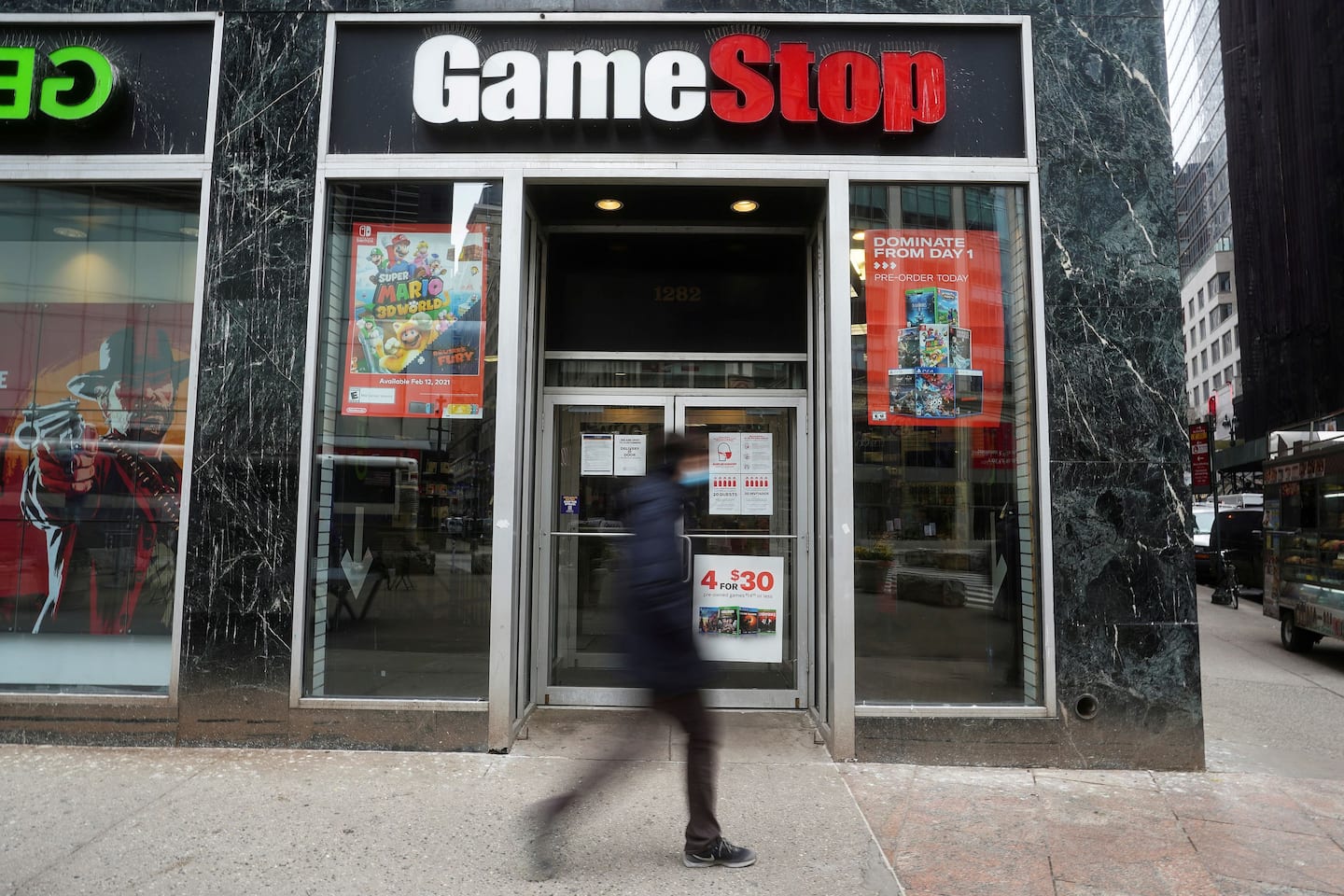GameStop is not a morality tale. People’s life savings are at stake.

In real life, many Goliaths (the professional investors betting against the stock) and Davids (the amateur traders betting for it) in this story are likely to lose a lot of money. Most of the Goliaths will probably absorb those losses just fine, all things considered. Even those who work at funds that got squeezed are likely to be able to recover and raise money for future investment funds in the weeks and years ahead. And at least one of the biggest Goliaths — the financial firm buying the Davids’ order flow — will come away from this episode much richer, since it got a cut of most transactions.
Meanwhile, aside from a handful of lucky individuals who’ve received outsized attention, the Davids may lose their life savings once the GameStop share price comes back down to reality.
Much of the public discourse about this story has been inane, celebrating a supposed “democratization” of financial gambling and the noble populist rebellion blowing up Wall Street. If these populists are blowing up Wall Street, they’re delivering the blast via suicide bomb. Regular, everyday people will lose their shirts because of some misguided narrative about “punishing” hedge funds that may, instead, end up making money.
Yet populist demagogues on the left and right alike can’t resist the narrative appeal of a righteous confrontation between banksters and the persecuted hordes. Especially one subplotted with conspiracy theories about shady forces scheming to block those hordes from striking it rich. Comments from some political leaders who claim to champion the proletariat have been especially confused.
White House officials have been asked repeatedly about GameStop — often through some grandstanding question about “legalized gambling” or whether anyone should ever be allowed to bet that a stock will go down rather than go up. The answer, from officials such as National Economic Council Director Brian Deese, has pretty consistently been something like: The Securities and Exchange Commission works to protect the “integrity of the market,” and they’re on it; thanks for the question, but the White House is focused on fixing the broader economy.
That’s a punt, but it’s also … pretty much the right answer. The big economic challenge facing the country is whether families can put food on their tables, not whether it’s too hard or too easy for those families to bet their last dollar on black.
If members of Congress really want to help small-time investors accumulate capital income — which I’m skeptical should really be a top priority for lawmakers, especially at the present — they shouldn’t be egging on constituents to gamble away their life savings. If politicians simply must offer personal finance tips, a better place to start would be telling their constituents about a hot opportunity called a low-fee index fund.
Of course, that’s the boring, expected, technocratic answer — the kind of thing that seems to have fallen out of favor lately, at least among politicians eager to get a viral tweet or TV sound bite. It’s much more fun to cosplay as Robespierre than a financial literacy teacher. At least for a little while.
Read more:






